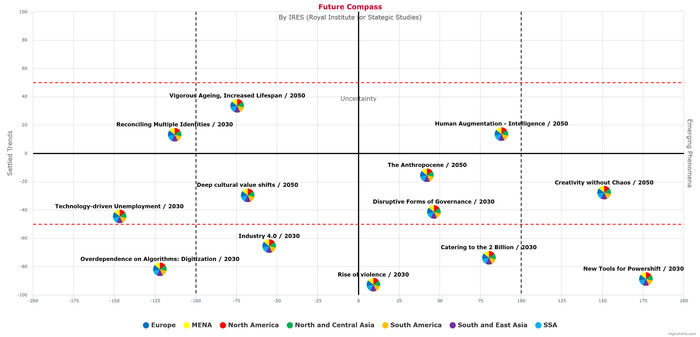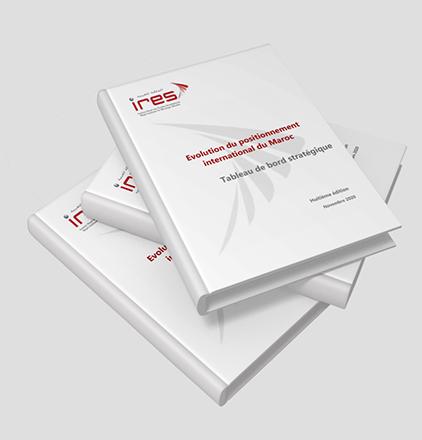
2016 PIP meeting
- Home
- Forum
- International Panel of Futurists
- 2016 PIP meeting
The Royal Institute for Strategic Studies organized the first meeting of the International Panel of Futurists between 11-13 July 2016, with the theme "Great challenges of the world of tomorrow".
Le panel 2016 a été constitué d'éminents experts. Il s'agit de :
The first meeting of the PIP which tackled the major drivers of change for humanity, had the following goals:
- to identify weak signals, emergences and the evolution of trends on the horizon of 2030-2050, and also to take the crowdsourcing on the international level into account, by distinguishing the differences between the global plan and those of the regional level,
- to put these different elements in order to develop systemic visions on the horizon of 2030-2050, in which the issues are clearly formulated and ranked, according to the most possible objective criteria.
A reading grid was adopted to identify and catalogue the major trends by 2030 and 2050, distinguishing between global and regional evolutions. This grid is based on the "Future Compass" tool developed by IRES, which the panelists used to map the trends into the four following categories:
- Stable trends with fairly substantial observation elements to understand future evolution and the resulting impacts.
- Bifurcating trends which may lead to contrasting trends and where the degree of uncertainty remains high.
- Weak signals about which questions are infrequent and data virtually non-existent.
- Emergences which seem to be unlikely developments for human being, but whose impacts could be significant if the context becomes positive
Reading grid
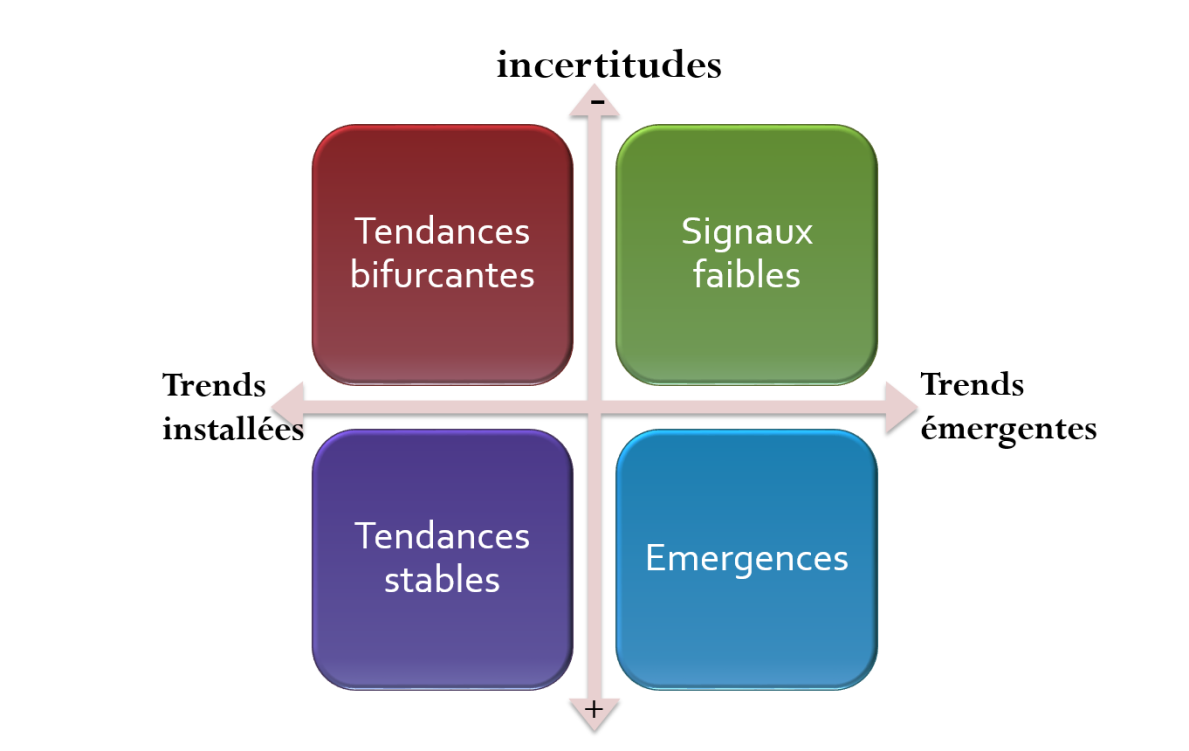
The major trends identified by the panelists were grouped in the appropriate four reading grid categories. They cover all the dimensions likely to have an impact on the future of humanity.
Structural trends on the horizon of 2030-2050
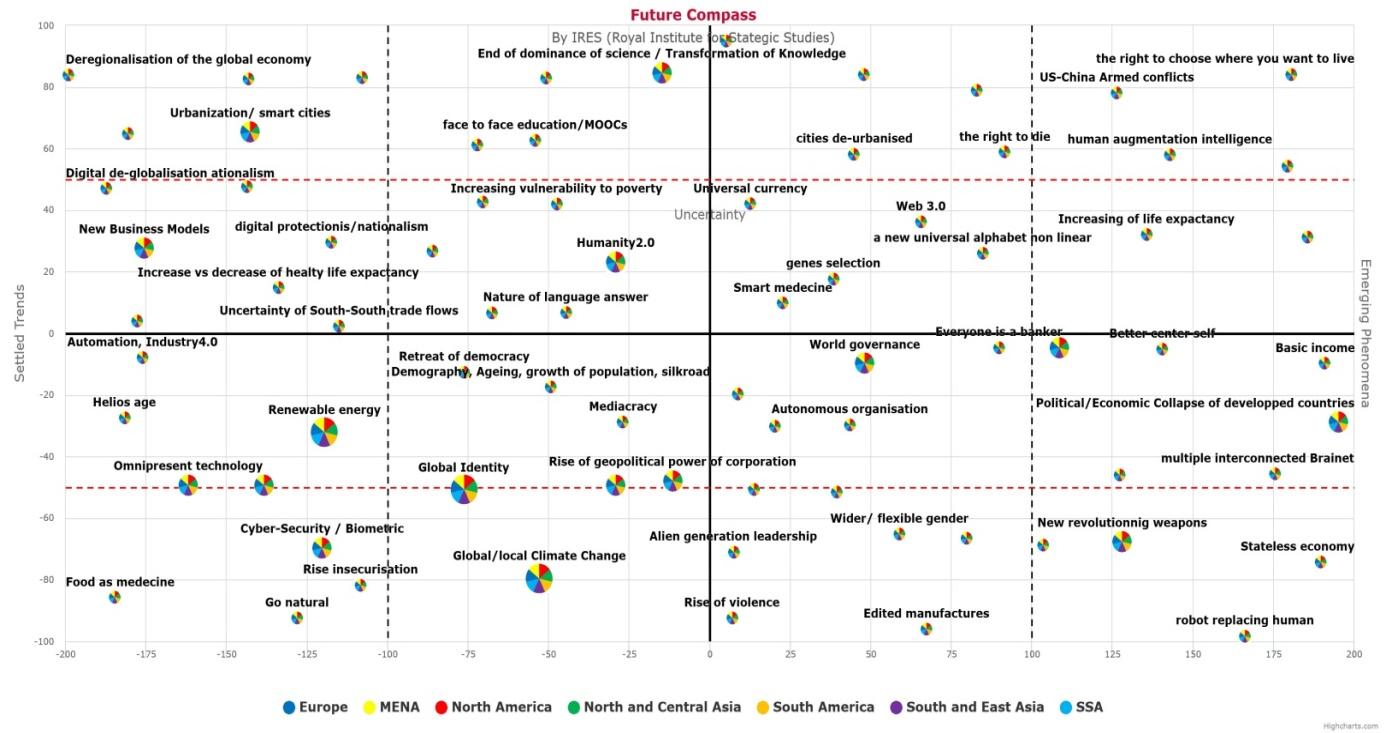
The major issues identified by the panelists are nine, and were positioned according to the level of uncertainty, emergence and time horizon:
- The Anthropocene,
- The population explosion,
- The emergence of new forms of governance,
- New tools for power shift,
- Reconciling multiple identities within the same person,
- The deep shift in cultural values,
- Technological unemployment,
- The vigorous seniors,
- The rise of violence.
Four other major issues concern "Drivers", namely:
- Overdependence on algorithms due to the increasing digitization of human activities,
- Industry 4.0,
- The increase of human intelligence,
- Creativity without chaos.
Major issues for the future of humanity
A conference was organized also by the Royal Institute for Strategic Studies at the National Library of the Kingdom, on July 13, 2016, entitled "Great challenges of tomorrow's world". This conference was attended by diplomats, senior representatives of public and private sector, as well as civil society actors and academic.
Presentations
Galerie Multimedia

James A. DATOR, International Panel of Futurists


Christopher CORDEY, International Panel of Futurists


Liu YOUFA, International Panel of Futurists


Rosa ALEGRIA, International Panel of Futurists


Nisreen LAHHAM, International Panel of Futurists

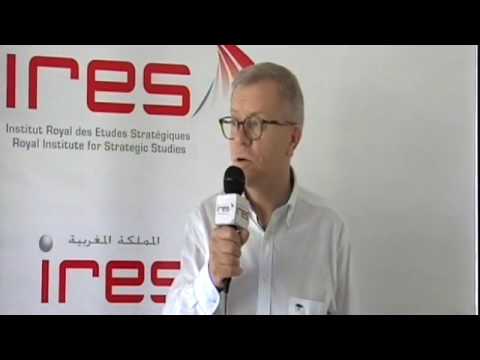
Alexander Sokolov, International Panel of Futurists


Aditi KAPOOR, International Panel of Futurists


Victor Vahidi Motti, International Panel of Futurists


Kouakou Koffi, International Panel of Futurists


Antonio ALONSO-CONCHEIRO, International Panel of Futurists


Wendy SCHULTZ, International Panel of Futurists

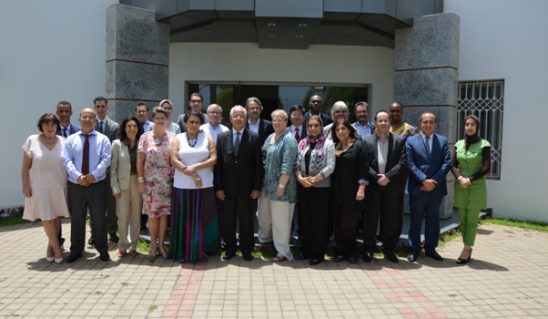
Panel International de Prospectivistes
 Panel International de Prospectivistes
Panel International de Prospectivistes
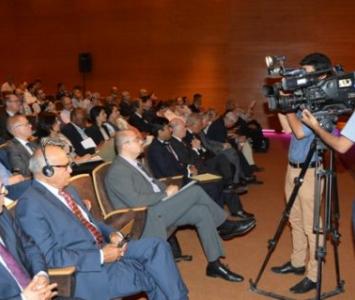 Panel International de Prospectivistes
Panel International de Prospectivistes
 Panel International de Prospectivistes
Panel International de Prospectivistes
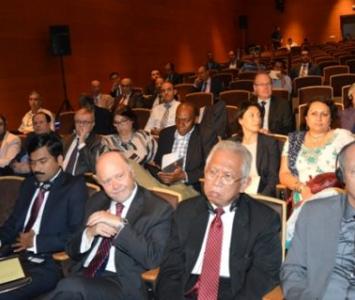 Panel International de Prospectivistes
Panel International de Prospectivistes
 Panel International de Prospectivistes
Panel International de Prospectivistes
 Panel International de Prospectivistes
Panel International de Prospectivistes
 Panel International de Prospectivistes
Panel International de Prospectivistes
 Panel International de Prospectivistes
Panel International de Prospectivistes
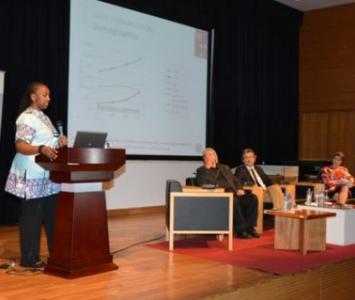 Panel International de Prospectivistes
Panel International de Prospectivistes
 Panel International de Prospectivistes
Panel International de Prospectivistes
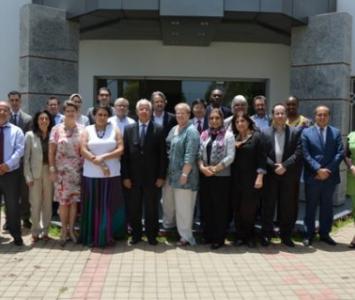 Panel International de Prospectivistes
Panel International de Prospectivistes
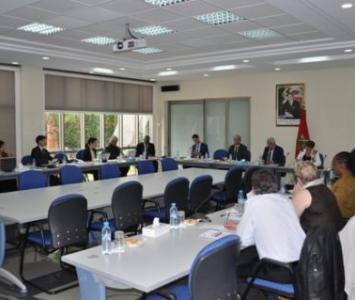 Panel International de Prospectivistes
Panel International de Prospectivistes
 Panel International de Prospectivistes
Panel International de Prospectivistes
 Panel International de Prospectivistes
Panel International de Prospectivistes
 Panel International de Prospectivistes
Panel International de Prospectivistes
 Panel International de Prospectivistes
Panel International de Prospectivistes
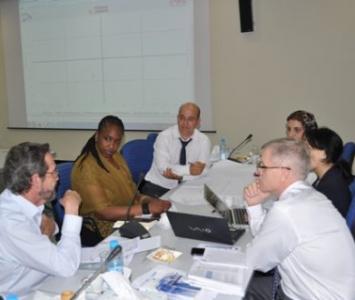 Panel International de Prospectivistes
Panel International de Prospectivistes
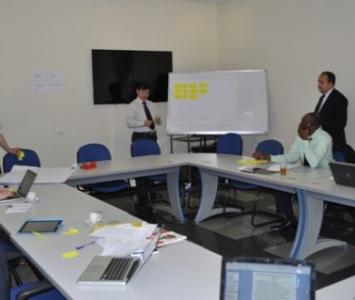 Panel International de Prospectivistes
Panel International de Prospectivistes
 Panel International de Prospectivistes
Panel International de Prospectivistes
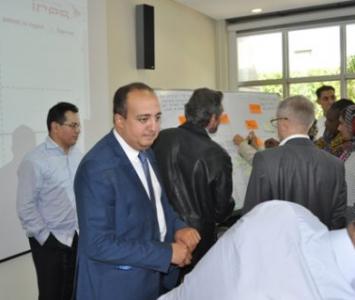 Panel International de Prospectivistes
Panel International de Prospectivistes
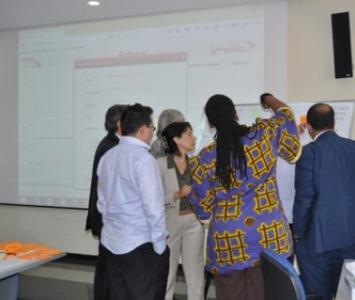 Panel International de Prospectivistes
Panel International de Prospectivistes














